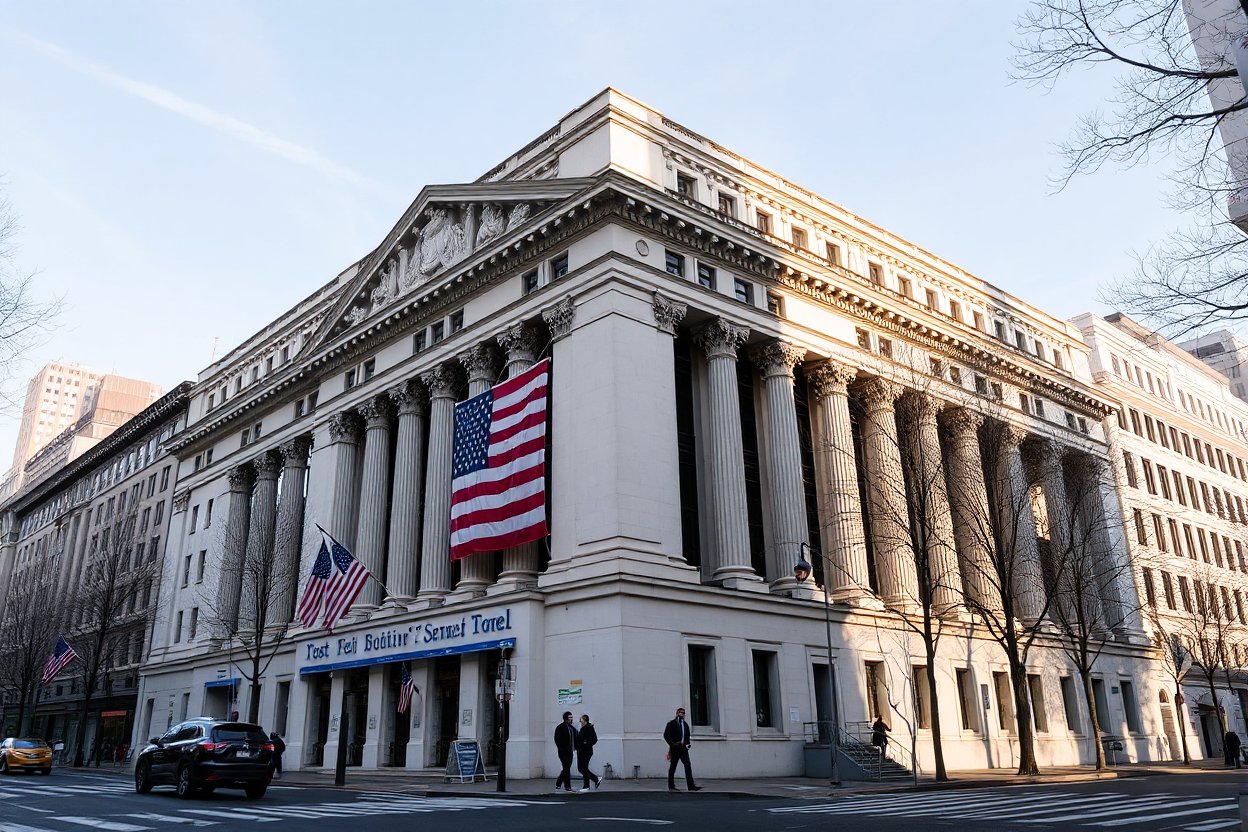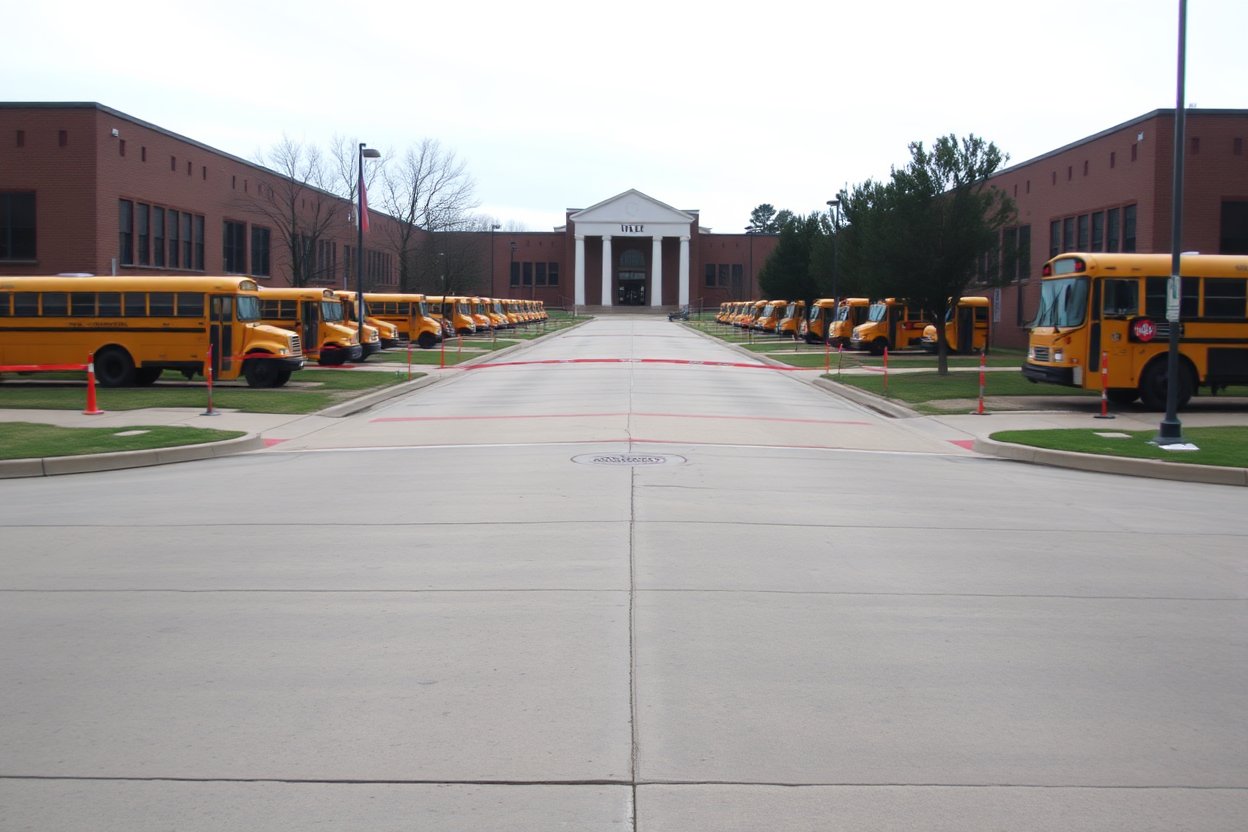court judge temporarily halted Donald Trump’s birthright citizenship order
The ruling from late Thursday harms Trump’s immigration strategy, which aimed to block citizenship for kids born in the US to foreign parents.
Civil rights organizations and immigrant advocates joined with affected individuals to start a federal lawsuit. The lawsuit claimed the order broke the Fourteenth Amendment’s promise of US citizenship to everyone born or naturalized here. The court blocked the order from taking effect immediately until the case received further review in court.
Highlights
In his court documents, the judge explained why constitutional rules apply most strongly to this situation. According to the federal district court judge, the Constitution provides clear birthright citizenship guidelines. As a court, we must protect the core rights guaranteed by the Fourteenth Amendment. Through its ruling, the court affirmed its mission to protect American rights, including those against government abuse of power.
During his election bid, Trump first said he wanted a blocked order to change how courts understand birthright citizenship rules. Experts strongly opposed the change because they believed modifying birthright citizenship needed either a constitutional amendment or new laws from Congress, not just executive orders. The federal district court blocked the presidential order to show how much power the Constitution prevents the president from using.
Law professionals throughout the country held the decision as decisive proof of our courts’ ability to stay independent. Dr. Angela Ramirez explains that the judge’s ruling shows Supreme Court leaders must respect our national Constitution. These legal proceedings likely will rise through appellate judgments before arriving at the Supreme Court since this case tackles fundamental questions about immigration policy and constitution
The Trump administration said they wanted to review birthright citizenship because legal scholarship
about the Fourteenth Amendment had been wrong since its creation. The government lawyers said the president’s authority allowed him to handle immigration matters through this order. The district court rejected the administration’s arguments because they failed to change the Fourteenth Amendment’s straightforward meaning and original goal.
Immigration remains a prominent political topic as the legal system fights over this critical issue. People who support President Trump’s order state illegal immigration rises because of birthright citizenship and the system has too many entry points. People who disagree with this view say birthright citizenship helps protect essential American democracy and keeps federal laws fair for everyone.
Even though the court has put the policy on hold, it might not be the last decision in this case. The Justice Department announced they will challenge the judgment to continue fighting this matter in the courts. Both circuit courts and the Supreme Court must be visited in the ongoing legal process.
The suspended order provides comfort to families now while they wait for a permanent resolution of their conditions
American immigrant families cheered but stayed alert after the federal district court made its ruling. According to mother Maria Lopez, having this ruling in place eases their concerns, but this battle will continue.
The situation discusses how much influence the president should have compared to what courts need to control presidential authority. According to legal expert Mark Daniels, a federal district court intervention beyond single policies protects our nation’s fundamental balance of powers. Our democracy works when all branches of government maintain equal authority over each other.
The continuous judicial evaluation will impact many people and establish vital principles about America’s constitutional rights. Today, the Federal District Court’s order has become a key point in America’s immigration policy discussions and Constitutional interpretations.


